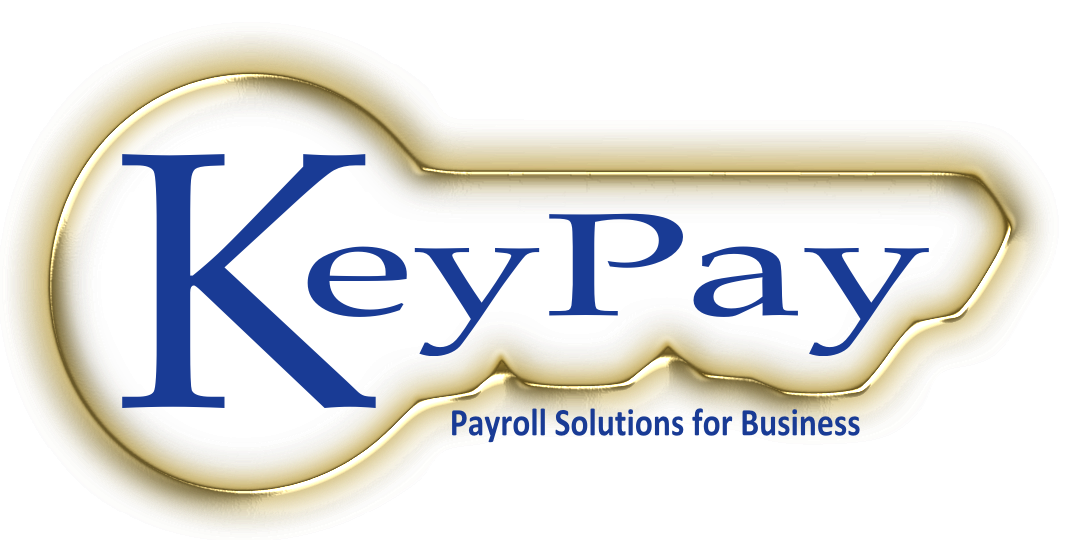Payroll in the Time of Covid-19
- Details
-
Last Updated: Sunday, 05 July 2020 18:08
-
Published: Friday, 03 April 2020 14:57
-
Hits: 1137
Government Requirements for Employers
Warning: Ransomware is currently flourishing. Do not use links in emails. If it's essential, always go direct to approved websites. Don't accept any web offers to install stuff that you weren't looking for. Automatic upgrades by installed programs are OK.
The following information is provided in good faith, but In the current lock down state it can change at short notice. Employers should confirm using official sites and/or their lawyer. It has recently been updated from a guide issued by IRD to payroll developers and published by MBIE. (Employment NZ.) Full details should be available on their website as an FAQ.
- Employers receiving the subsidy are required to forward such funds to all their employees.They don't have to apply the full subsidy where this exceeds a workers usual pay. They must pay the full wage though and not just 80%.
- Employment Law still requires agreement between and employer and employee with regard to adjustments to wages. However, an employee who is unable to work is not required to be paid and may use their annual or sick leave. Under the lockout rules a business receiving the subsidy must continue to pay such employees and make their best effort to top-up to 80% of the usual.
- There has been unresolved legal expert discussion about altering pay-rates without consultation although it would appear to be OK to just pay non-working employees 80% of their usual wage.
- It is not legal to terminate non-working employees unless they resign or the business goes under. And its likely better for cash-flow to use the subsidy rather than pay the termination costs.
- Essential working employees should be paid for the time they work under their employment contract as usual.
- Public holidays should be treated as usual under Holidays Act and paid by the employer in addition to the subsidy. The combined amount can be reduced if it exceeds a workers usual pay.
- To determine average earnings for purposes of the subsidy, Work & Income recommend using the yearly average or ADP if available and to also apply good faith in negotiations.
- Employers receiving the subsidy may later be audited if they are suspected of, or reported as, having abused the rules.
- Wage pooling is allowed. If the subsidy exceeds a workers usual wage the balance or surplus can be applied to other employees. We would suggest this be documented somewhere.
- Deductions for PAYE, Student loans, Child Support and Kiwi Saver still apply to the gross pay regardless of the subsidy.
- Payments to employees must still be more than the minimum wage, although whether an employee is considered to be working while in lock down and also on the subsidy is not exactly clear.
- Reminder: Due to the current lock-down its easy to forget that the minimum wage increased to $18.90 on the 1st of April.

